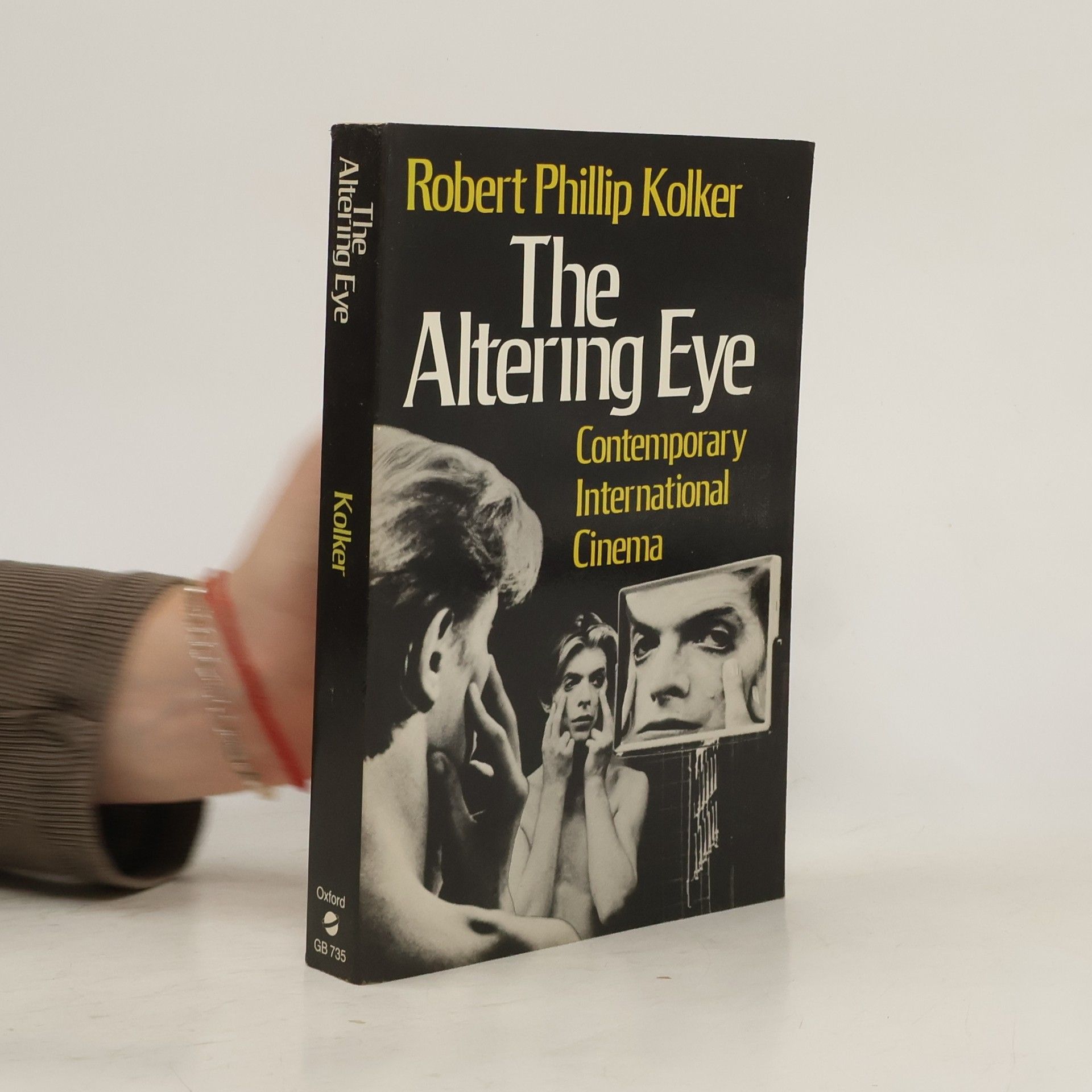Allein im Licht
- 637 pages
- 23 hours of reading
Robert Kolker, Professor Emeritus, dedicated nearly 50 years to teaching film studies. His work delves into profound existential themes, exploring how cinematic creations reflect and shape human loneliness. Through meticulous analysis of characters and narratives, he uncovers the complex psychology of individuals and their solitude within the surrounding environments. His approach is characterized by a focus on visual language and symbolism, lending his works a deep resonant potential.


Analyzes a variety of motion pictures which use innovative techniques, challenge the audience's opinions, and explore social and political issues